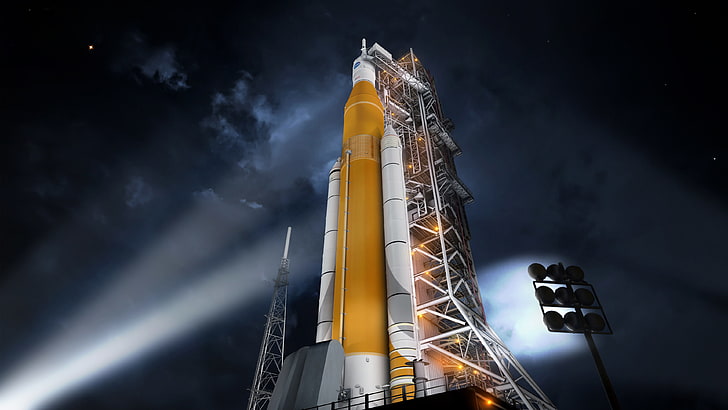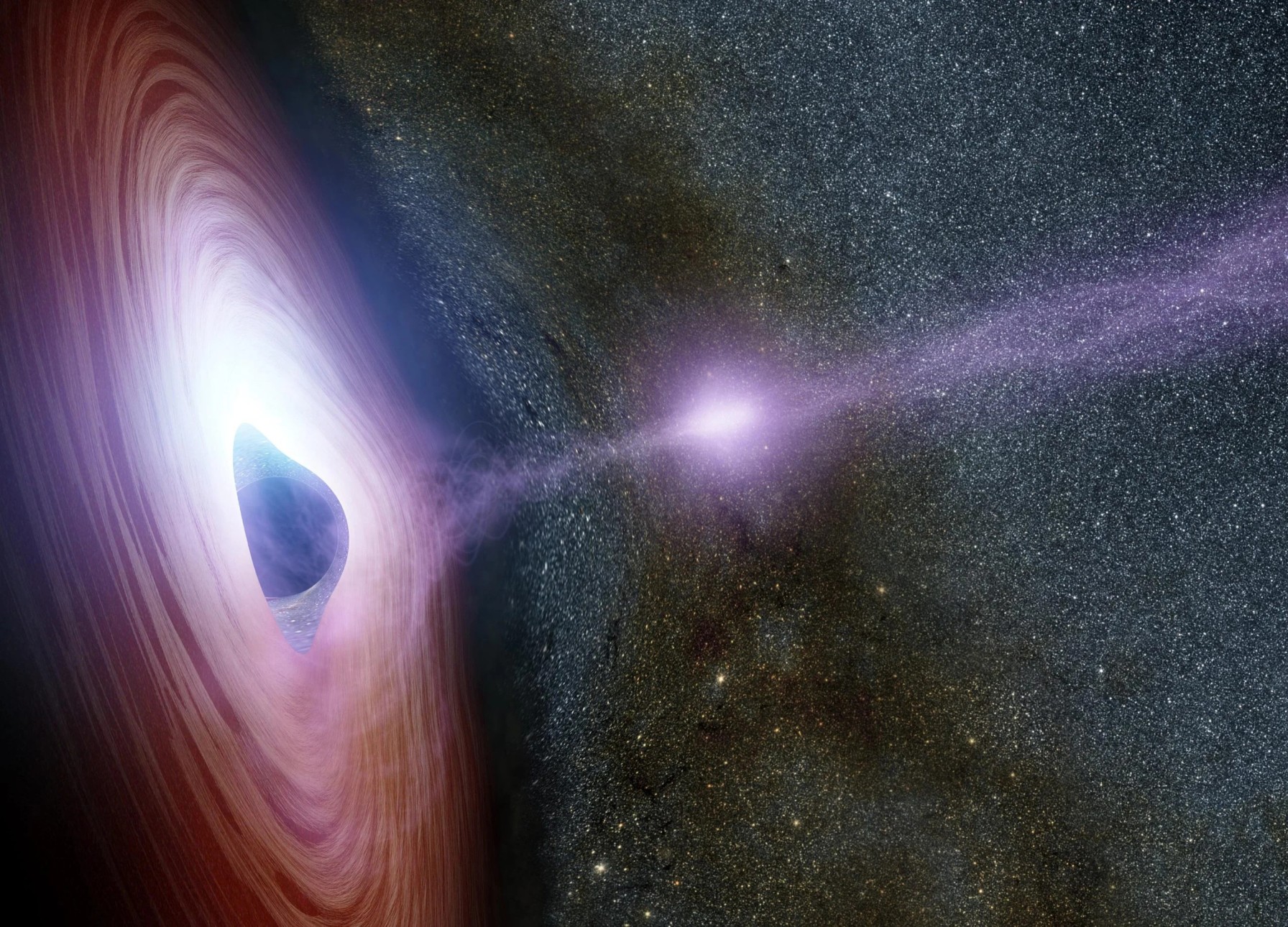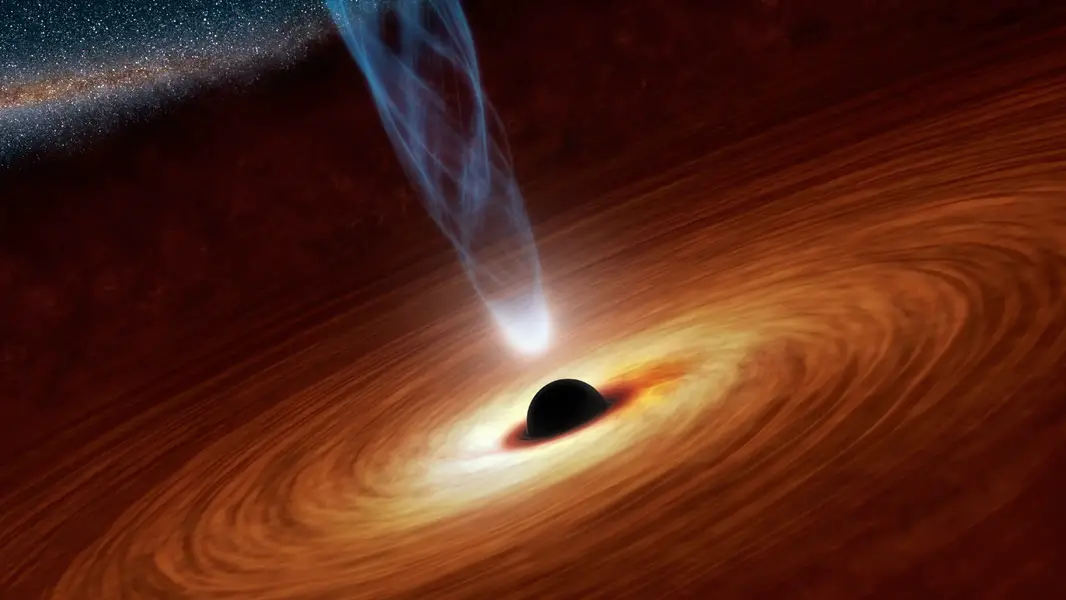NASA has spent over $3 billion annually on SLS, but private rockets now cost 90% less.
Key Takeaways
- Boeing informed its workforce that NASA may cancel the SLS rocket program, leading to potential layoffs.
- Up to 400 employees could lose their jobs if contracts are not renewed.
- Originally set to launch in 2016, SLS debuted in 2022, with each launch costing over $2 billion.
- SpaceX and Blue Origin have built reusable, cheaper heavy-lift rockets, making SLS less competitive.
- The upcoming budget proposal from the White House may determine whether SLS continues or is scrapped.
Boeing, the primary contractor for NASA’s Space Launch System (SLS), has warned employees that the program’s future is in jeopardy. On Friday, David Dutcher, Boeing’s vice president and SLS program manager, held a brief all-hands meeting for the 800 employees working on the project. In just six minutes, he informed them that NASA’s contracts for the massive rocket might not be renewed beyond March, raising concerns about potential layoffs.
The meeting comes as Boeing prepares to comply with the Worker Adjustment and Retraining Notification (WARN) Act, which mandates a 60-day notice for mass layoffs. The company has indicated that around 400 positions could be cut by April 2025. A Boeing spokesperson stated that the decision aligns with NASA’s revisions to the Artemis program and cost expectations. The company is also seeking ways to reassign employees to other roles to minimize job losses.
Cost and Delays Cast Doubt on SLS’s Future
Since its inception in 2011, the SLS program has faced repeated delays and budget overruns. Originally scheduled for launch in 2016, the rocket’s first flight did not take place until late 2022. Over the years, NASA has invested approximately $3 billion annually in developing SLS and its supporting infrastructure. However, critics argue that these costs are unsustainable, particularly as private companies such as SpaceX and Blue Origin introduce more cost-effective and reusable alternatives.
The SLS, which repurposes components from the retired Space Shuttle program, costs over $2 billion per launch. In contrast, SpaceX’s Starship and Falcon Heavy, as well as Blue Origin’s New Glenn, offer similar or superior capabilities at a fraction of the cost. These new-generation rockets have been developed in significantly shorter timeframes, further underscoring the inefficiencies of the government-funded program.
Political and Industry Shifts Could Determine SLS’s Fate
The uncertain future of SLS is linked to broader political and budgetary considerations. The timing of Boeing’s announcement coincides with the upcoming release of the U.S. government’s fiscal year 2026 budget proposal. While Congress ultimately determines NASA’s funding, there is increasing debate within the White House and NASA leadership about whether to continue investing in SLS. Acting NASA Administrator Janet Petro has reportedly advocated for completing Artemis II and Artemis III before any decision is made on canceling the program.
Critics of SLS argue that keeping the program alive could actually slow progress in space exploration, as Boeing and other major contractors operate under cost-plus contracts that incentivize prolonged timelines. With commercial space companies proving their ability to deliver powerful and affordable launch vehicles, many experts believe that NASA should shift its focus toward more innovative and cost-effective solutions.
As discussions continue, Boeing is preparing for the possibility that NASA may end its involvement with SLS, marking a significant shift in the landscape of U.S. spaceflight. Whether the program survives will likely depend on political decisions in the coming months and NASA’s vision for future deep-space missions.





Can you be more specific about the content of your article? After reading it, I still have some doubts. Hope you can help me.
Thanks for sharing. I read many of your blog posts, cool, your blog is very good.